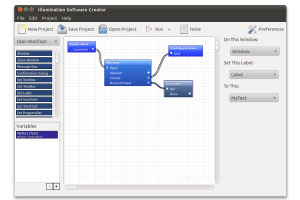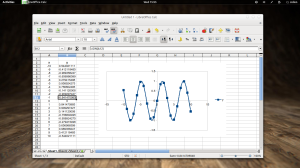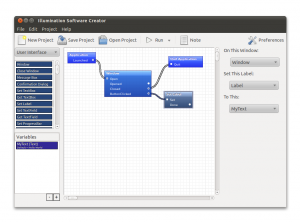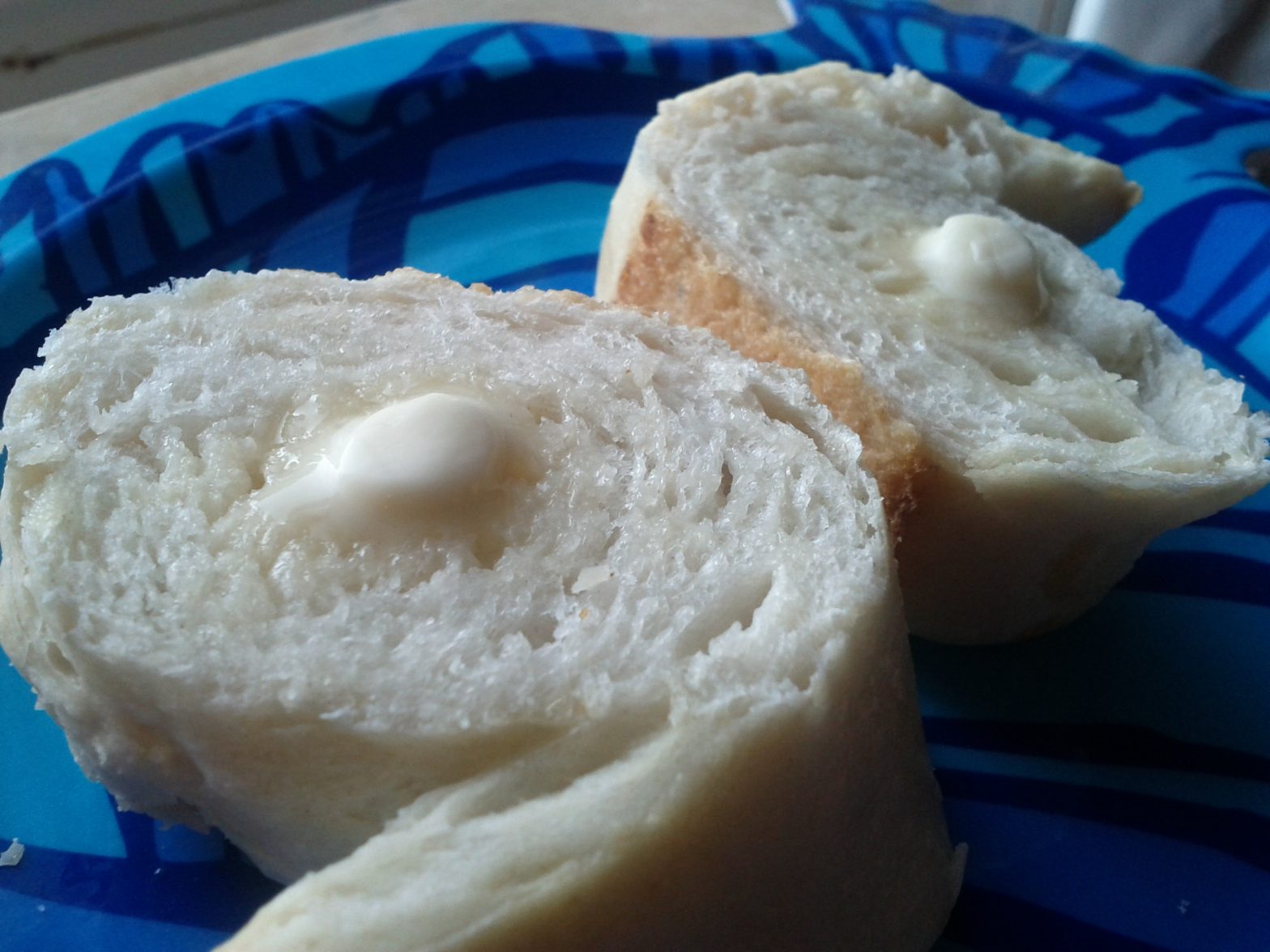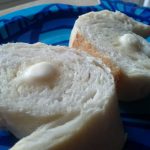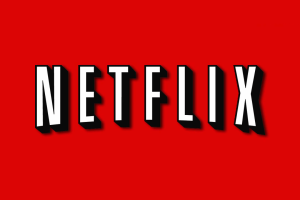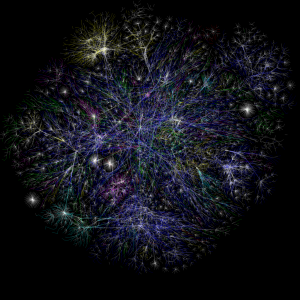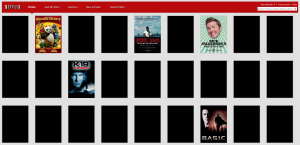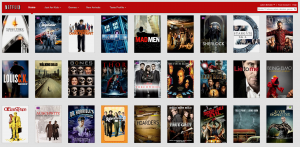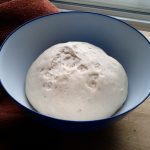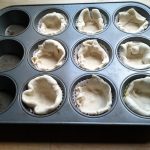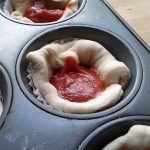I saw the Dark Knight Rises today.
I’d call it the best action movie released thus far this summer, beating out The Avengers. Unlike the aforementioned title, villains in Christopher Nolan’s interpretation of Batman take on a third dimension, a much appreciated departure of action movie fare. The script was also comparatively very strong, though plot devices started to become recognizable from Nolan’s previous efforts.
I wasn’t too excited for the film after having seen the original trailer. Bane at the time didn’t appear to be a particularly engaging antagonist, especially as compared to Heath Ledger’s Oscar-winning portrayal of the Joker. I was wrong. Not as jaw-dropping as his antecedent, but great nonetheless.
The movie wasn’t without its flaws. The script was well-written, but as I hinted earlier was sometimes formulaic – though not to action movies as a whole, but to Nolan’s take on the genre. Some emotional moments failed to deliver, whether it was because the performances felt forced or their brevity, I’m not entirely sure. The dialog at time was difficult to comprehend as the volume of the speech was too weak as compared to surrounding sources of sound. The music occasionally felt repetitive.
Overall, these are minor trifles in an otherwise solid action flick. I’d say that if you liked the previous Batman movies by Nolan, you’ll enjoy this one. As to whether this was the best of the trilogy, I’d argue that that title belongs to the second film. But don’t let that deter you, as you’d be missing out.
I look forward to Nolan’s future efforts. There’s a level of imagination that has pervaded every single one of his scripts which makes his films more interesting than nearly every other Hollywood release. You’d have to turn to the likes of Terry Gilliam to experience something as unexpected.

